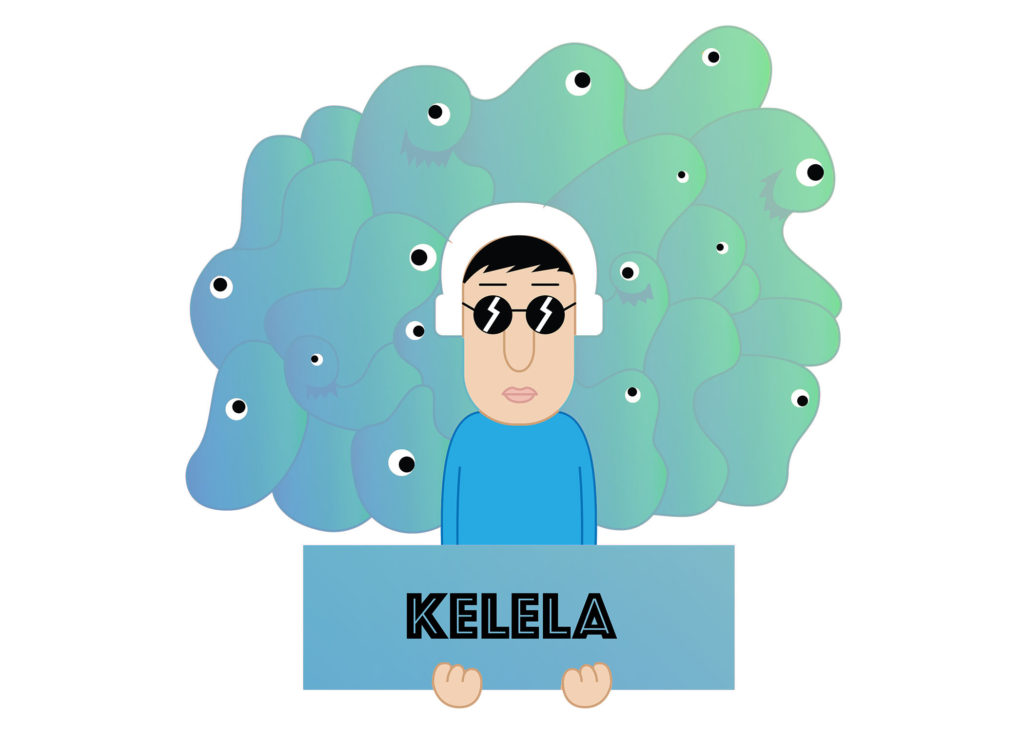On this column I’ve talked about some of the physical symptoms I experience as a result of my anxiety. During an anxious episode I sometimes get light-headed, and I always experience a high level of muscle tension. Oftentimes I feel nauseated and slightly sick, and I usually experience heavy breathing as well as a racing heart and a dry mouth.
Lately I’ve been wondering where these symptoms come from and why my body decides to act the way it does when my mind is anxious. I decided to watch an episode of the Netflix show The Brain, Explained” to see if it could help me understand how what’s going on in my head affects what happens in my body. I watched the third episode in the series: “Anxiety, Explained.”
What I learned is that an anxiety attack is basically a fight-or-flight response to a threat. The show compared our human functions during an anxiety episode to the functions of a warthog when it sees a lion.
Our bodies are designed to run away from things that could harm us, which is why a common symptom of anxiety is a racing heart. The heart races and the lungs expand so that there’s enough oxygen for us to potentially flee from the situation. I learned that this also explains why my muscles always tense up when I’m anxious. It’s because my body is prepared to run away.
Another thing that happens is that certain systems in the body shut down during an anxious episode. These include our ability to salivate, which explains why my mouth gets dry, and our digestion, which explains why I often feel sick when I’m anxious. Blood flow is also directed away from the stomach and the skin.
All of these functions are adaptations designed to keep us safe. These are all natural responses to a perceived threat, and all of these functions give our bodies the ability to run away or to fight the situation. It’s a fight or flight response and it’s just our body’s way of trying to protect us, which is fine when the threat is something we actually have to be concerned about.
However, people like me who have anxiety disorders experience these symptoms over small things like going to class or completing homework or having a disagreement with a friend. That’s when these adaptations become problematic because our bodies are shooting off a bunch of functions that aren’t necessary. This is when medication and mindfullness can really come in handy, to help calm our bodies down and let them know that we aren’t in danger and that we don’t need to fight or run away from a threat.
Anxiety attacks are definitely scary, but it helps me to know that my body is on my side. Learning that my physical anxiety symptoms are just my body’s response to fear helps me see them in less of a negative light. Oftentimes I can’t control my anxiety symptoms which makes it easy for them to get in the way of my everyday life. However, it is nice to know that my body has good intentions at least!














